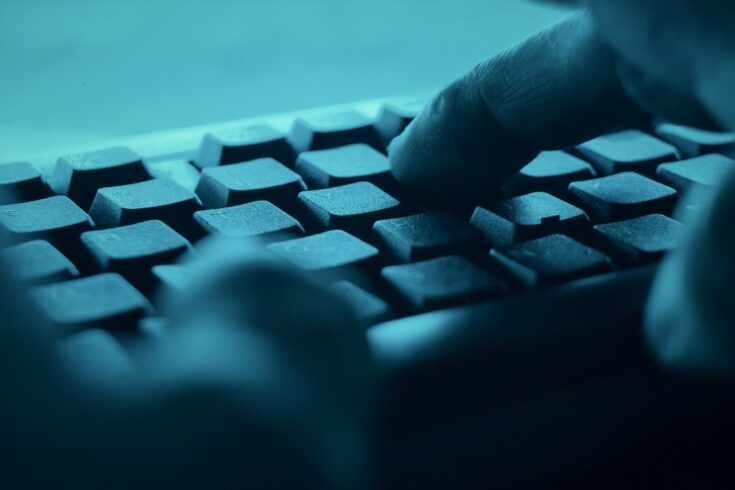The trade in COVID-19-related products on dark web marketplaces (DWMs) reveals a need for constant monitoring, researchers say.
Dr Andrea Baronchelli and colleagues from City, University of London were funded by the Economic and Social Research Council (ESRC) to investigate COVID-19 related activity on DWMs.
The team monitored DWMs from March 2020 and noticed two distinct phases of activity: before and after vaccines were developed.
Spikes in demand
Baronchelli and his team found that there were trends between listings of goods and public attention. They monitored the evolution of trade of COVID-19 related products with variations in public attention, measured by Twitter posts and Wikipedia page visits.
Before the advent of a vaccine we analysed over 850,000 listings from 30 DWMs. We identified 788 listings directly related to COVID-19 and found trends.
When the shortage of PPE in Europe was being widely reported, listings increased.
The responsiveness of DWMs to media reporting could be dangerous, Baronchelli said.
When hydroxychloroquine was incorrectly reported as being of benefit to COVID-19 patients, there was a huge spike in listings on DWMs.
This is when DWM activity becomes a threat to public health. In a deregulated marketplace, consumers aren’t properly informed about medicines or their potential side effects. And there’s a real risk of receiving a counterfeit product.
Vaccines on dark web marketplaces
Once vaccines became a potential reality, the team switched focus and monitored for vaccine activity.
They found three categories of vaccine listings on DWMs.
The first category is those that are clearly scams. One listing for a vaccine appeared in March 2020, before any were available. They use the language of misinformation and conspiracy, like ‘This is a vaccine that your government doesn’t want to give to you, it wants to keep you locked up.’
By autumn the tone had changed: the listings were more general and had a more ‘factual’ tone.
Then we found listings that claimed to be the AstraZeneca and Pfizer vaccines, starting from $500 USD.
And now that vaccine passports are being introduced by some countries, certificates of vaccination are listed for around $50 USD each.
The danger of the dark web
Baronchelli says the DWM activity is dangerous, but not in the way we might immediately think.
Vendors don’t want to attract police attention, so it’s unlikely they would risk sending something potentially fatal or dangerous to people who think they’re buying a vaccine. But that doesn’t account for allergies or adverse reactions.
Uninformed citizens could expose themselves to serious health risks on DWMs. Also, when products are in short supply, DWMs undermine anti price gouging regulations.
The best way to tackle the situation for now is continuous monitoring of DWMs, the research concludes.
When DWMs are closed down they reopen elsewhere immediately. It’s much more worthwhile to monitor their activity and intervene as appropriate and required by law.
Last updated: 27 May 2022

